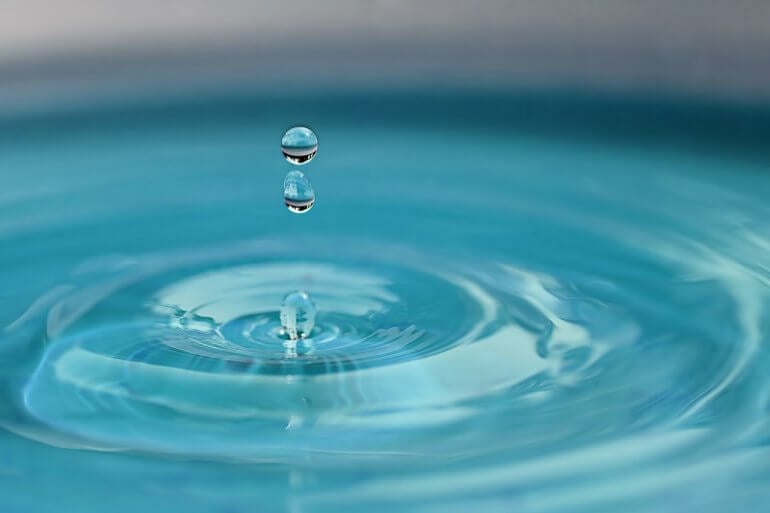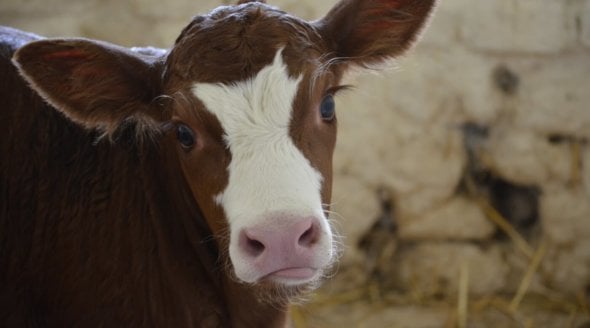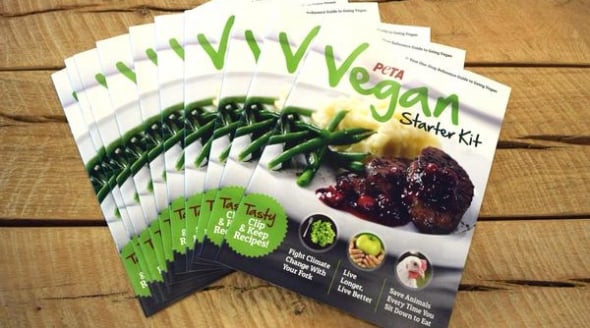Thames Water: Go Vegan on World Water Day
As Thames Water, the UK’s largest water and waste services company, faces scrutiny over raw sewage pollution incidents, PETA sent a letter to the company’s CEO, Sarah Bentley.
The letter urges Bentley to offset some of Thames Water’s environmental impact by going vegan for World Water Day and encouraging her staff to do the same. While the damage done to the River Thames – resulting in the deaths of over 1,000 fish – cannot be undone, by eating vegan, the company’s staff would reduce their contribution to other forms of water degradation.
Animal Agriculture’s Water Footprint
The United Nations has labelled the animal agricultural industry “a key player in increasing water use” and “probably the largest sectoral source of water pollution”. Animals raised for food produce more than 10 times as much waste as the entire human population does, much of which runs off into waterways.
While it takes about 1,790 litres of water to grow 1 kilogram of wheat, you’d need to use more than five times more water for 1 kilogram of beef. It takes the equivalent of 50 bathtubs full of water to produce just one steak.
It’s not only meat production that wastes water, either. It takes 72% more water to produce a litre of cows’ milk than it does to produce the same amount of soya milk. Raising animals for food wastes precious resources, partly because of all the extra water needed to grow crops for animal feed.
Using this much water unnecessarily at such an alarming rate harms the planet and us, but going vegan drastically changes the numbers. By eating vegan, we reduce our water footprint by nearly 60%.
Make a Difference This World Water Day
It’s not just the people at Thames Water who need to take action to protect the planet – we all do. Going vegan not only reduces your water usage but also helps protect the planet in other ways, improves your health, and prevents countless animals from being born to suffer on farms.
The meat, egg, and dairy industries are a nightmare for animals, who are treated like commodities rather than sentient individuals who have the ability to feel pain, fear, and joy, just as we do.
Learn more about the reality of animal agriculture:
To help you get started, our free vegan starter kit has tips and information on making the switch. Order a copy today!







